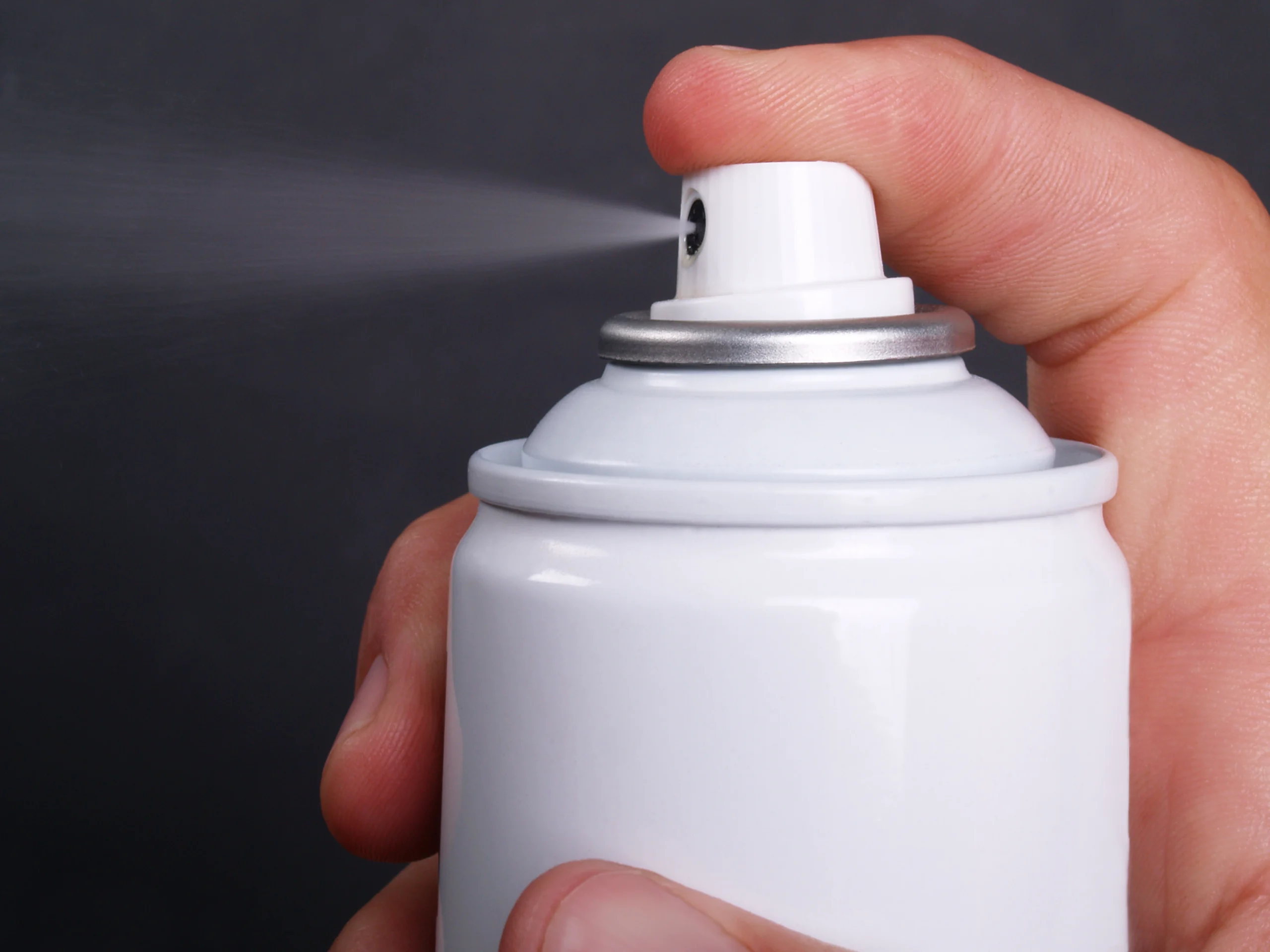Strategies for Avoiding Relapse and Achieving Long-Term Recovery

Recovery from addiction is an ongoing process with no set timeline, full of challenges and setbacks. To maintain sobriety and achieve long-term success, individuals in recovery must develop the tools to avoid relapse. Relapse can occur when people are exposed to certain triggers that reignite the urge to use substances. Individuals can better manage their recovery by identifying these triggers and implementing effective relapse-prevention strategies.
What Triggers Relapse?
Relapse triggers vary from person to person, but they commonly fall into several categories. Recognizing triggers is the first step towards developing a robust plan to avoid them.
1. Emotional Triggers: Negative emotions such as stress, anxiety, depression and loneliness are powerful triggers for relapse. Individuals may seek solace in substances as a way to cope with these feelings.
2. Environmental Triggers: Places, people and situations associated with past substance use can trigger cravings. For example, returning to a neighborhood where one used to drink or encountering friends who still use drugs can spark the desire to relapse.
3. Social Triggers: Social situations that involve substance use, such as parties or gatherings where alcohol is present, can be challenging for individuals in recovery. Peer pressure and the desire to fit in can also contribute to relapse.
4. Physical Triggers: Certain physical conditions, such as chronic pain or fatigue, can lead individuals to use substances as a means of relief. Additionally, poor physical health can increase vulnerability to relapse.
5. Thought Patterns: Cognitive distortions, such as all-or-nothing thinking, rationalizations, and unrealistic expectations, can undermine recovery efforts. Negative self-talk and feelings of inadequacy can also contribute to relapse.
Building a Strong Defense Against Relapse
Implementing relapse prevention strategies is essential for maintaining sobriety. Here are some effective relapse prevention strategies to consider:
1. Develop a Support Network: Strong support systems are vital to a robust, sustainable recovery from addiction. This network can include family, friends, support groups and healthcare professionals. Regularly attending meetings and engaging with a sober community can provide encouragement and accountability.
2. Identify and Avoid Triggers: Create a list of known triggers and develop a plan to avoid or manage them. This might involve changing social circles, avoiding certain places or developing new routines that do not include substance use.
3. Practice Stress Management: Learning healthy ways to cope with stress can reduce the risk of relapse. Techniques such as mindfulness meditation, yoga, deep breathing exercises and progressive muscle relaxation can help manage stress and emotional triggers.
4. Maintain a Healthy Lifestyle: Physical health is closely linked to mental well-being. Regular exercise, a balanced diet and adequate sleep can improve mood and reduce cravings. Incorporating hobbies and activities that bring joy and fulfillment can also support recovery.
5. Set Realistic Goals: Setting achievable and realistic goals can provide a sense of purpose and direction. Breaking larger goals into smaller, manageable steps can make them less overwhelming and more attainable.
6. Therapy and Counseling: Regular sessions with a therapist or counselor can help address underlying issues that contribute to substance use. Cognitive-behavioral therapy (CBT) is particularly effective in identifying and changing negative thought patterns.
7. Develop Coping Skills: Learning new coping strategies for dealing with cravings and difficult situations is essential. These might include distraction techniques, such as engaging in a hobby, calling a friend, or going for a walk.
8. Create an Emergency Plan: Having a plan in place for when cravings become overwhelming can prevent relapse. This plan might include contacting a sponsor, attending an extra support group meeting or engaging in a pre-planned distraction activity.
9. Regular Self-Reflection: Periodically assessing one’s progress and reflecting on what is working and what needs adjustment can help maintain focus on recovery goals. Keeping a journal can be a useful tool for self-reflection.
10. Avoid Complacency: Staying vigilant about recovery is important, even after long periods of sobriety. Relapse can occur even years after quitting, so continuous commitment to recovery is crucial.
Sustaining Sobriety Through Awareness and Action
At High Focus Centers, we understand that avoiding relapse is a dynamic process that requires ongoing effort and awareness. With the right support, long-term recovery is achievable and sustainable. Our outpatient treatment programs educate individuals on how to best manage their conditions, equipping them with effective relapse-prevention strategies to enhance resilience and maintain sobriety. If you or a loved one is seeking support for substance abuse, call us at (610) 644-6464 today to learn more.








